Celebrating 30 years of LGBT Flare
Flare – London LGBT Film Festival is the rebranded name of the London Lesbian and Gay Film Festival which started life in 1986, back in an era of Larry Grayson, Quentin Crisp and camp sitcom Are You Being Served. Lesbians were so invisible they were not even worthy of larger than life caricature. Fast forward to 2016 and visible public figures outside mainstream sexuality include soon to be man married Tom Daley, national treasure and wife of a woman Clare Balding and transitioning Olympian, Caitlyn Jenner. Plus Flare celebrates 30 years in the pink alongside a very respectable blue chip company, Accenture who celebrate a decade as lead sponsor.

To wave the rainbow flag for an event still relevant and cutting edge after all these years a panel of film luminaries came up with the most significant queer films. Top of the heap was the Oscar nominated Carol which starred a pair of super stylish star crossed lesbian lovers, Cate Blanchett and Rooney Mara. Heading a panel was a woman at the forefront of the feminine side of queer cinema, veteran producer Christine Vachon. One of her biggest successes was the ground breaking Girls Don’t Cry which launched the big screen stardom of Hilary Swank.
So far, so progressive. But there are buts, and these don’t just include Isis hurling gays from rooftops. Discrimination is of a less medieval nature in the UK but the issue persists. Nowhere more so than in Premier League football. Online rumbling continues on who is going to jump first and become the first to come out as a frontline premier league gay soccer player. This was the topic given big screen big name treatment for the gala opening of the 30th Anniversary Opening Night Gala.
The Pass opened the festival at the Uk’s flagship cinema venue Odeon Leicester – a setting which would have been considered unthinkable back in the Thatcherite 80s. As further evidence of progress into the mainstream the film was produced by Duncan Kenworthy whose previous productions include Four Weddings and a Funeral, Notting Hill and Love Actually. The love that once dared not speak its name still doesn’t dare in soccer, but was given the red carpet in the heartland of the West End and was produced by a highly respected rom-com maestro. Though The Pass was no rom-com it boasted a cast headed by rising out star Russell Tovey and delivered a message out and proudly.
Not insignificant is that all this wealth of diversity is showcased at the nation’s cinema showcase, BFI Southbank. Strands offered the latest take on the variety of experience lived out by the same sex community. These stories came from across the world and included Loev, a racy tale of gay life in Mumbai. In present day India homosexuality remains outlawed. The well regarded Venezuelan-Mexican production From Afar which won the Golden Lion at the 2015 Venice Film Festival, won festival acclaim. Set in a poor neighborhood of Caracas this was a gritty gay story set on mean streets.
And, as with much gay cinema, the quesion of the HIV cast a shadow. From the highly effective and moving Holding The Man, which packed a serious emotional punch. This moving love story was set at time when the virus was still a cruel death sentence. Films at the festival reflected the changes in the perception and impact of the virus. Moving to the present day, French film Theo and Hugo was an intimate story of a couple of clubbers who let their passions override the imperative of safe sex. This very modern Paris by Night tale depicts a highly realistic view of risky sex which happens in the heat of the moment in the heat of the night. Beautifully filmed on the streets of the French capital it was both touching and passionate.
A big hit at the Berlin Film Festival, Who’s Gonna Love Me Now? also resonated with London audiences. It is the story of a former Israeli paratrooper who moves to London and, after a breakup, embarks on a hedonistic meltdown which results in HIV infection. The story turns around his personal efforts to confront the diagnosis and the difficulties of breaking the news to his Orthodox Jewish family back in Israel.
Lesbian films which have made a splash this year include the unambiguous Femme Brutal from Austria. And an equally in your face offering Rebel Dykes, which screened as a work in progress, chronicling the forgotten underground world of London lesbians who lived in Brixton and Clapham. These vocal ladies very publicly decamped to Greenham Common to protest against US cruise missiles. Plus the Closing Night film French film La Belle Season. This film is set in the Seventies and tells of a passionate Parisian love affair between Carole and Delphine, curtailed when Delphine must go back to her family in the country to care for her father who is struck down by a stroke. Very much Carol country – the all time queer film winner – and making a fitting end to the Festival which kicked off in the macho world of big bucks soccer.
The flair of queer creatives also hit the big screen. They ranged from Mapplethorpe: Look at the Pictures which was an intimate and candid portrait of the photographer who unleashed images of shock and awe on the world art scene. But one of the truly sparking gems of the 30th Edition of the UK’s leading LGBT festival was Women He’s Undressed. This is the story of a small town Australian boy who crossed the ocean to New York and then went on to be one of the most glamorous and successful Hollywood costumiers, who scooped three Oscars in a career which spanned the golden years of Hollywood. His work with the ultimate diva Bette Davis saw him propelled to the forefront of Hollywood costume designers and his first Oscar. From there he went on to create the costumes for some of the most timeless and stylish Hollywood classics including Casablanca and Some Like It Hot. in the Wilder comedy he not only imagined the most daring and alluring frocks for Marilyn Monroe but also designed the female garb for her co stars Tony Curtis and Jack Lemmon. Legend has it that their femme looks were so convincing that they managed to pass as ladies in the studio canteen between takes. A tribute to a design genius who was responsible for dressing the ladies in the most glamorous dresses during the most glamorous Hollywood era. Also there is much made of the relationship between Orry-Kelly and his flatmate in the early days on his arrival in New York – a certain Cary Grant.
This offbeat docu-drama showed in a fascinating and fabulous 90 minutes just what a treasure trove of cinema gets a platform at Flare, which looks set to go for strength to strength, as it heads into its further decade and beyond.
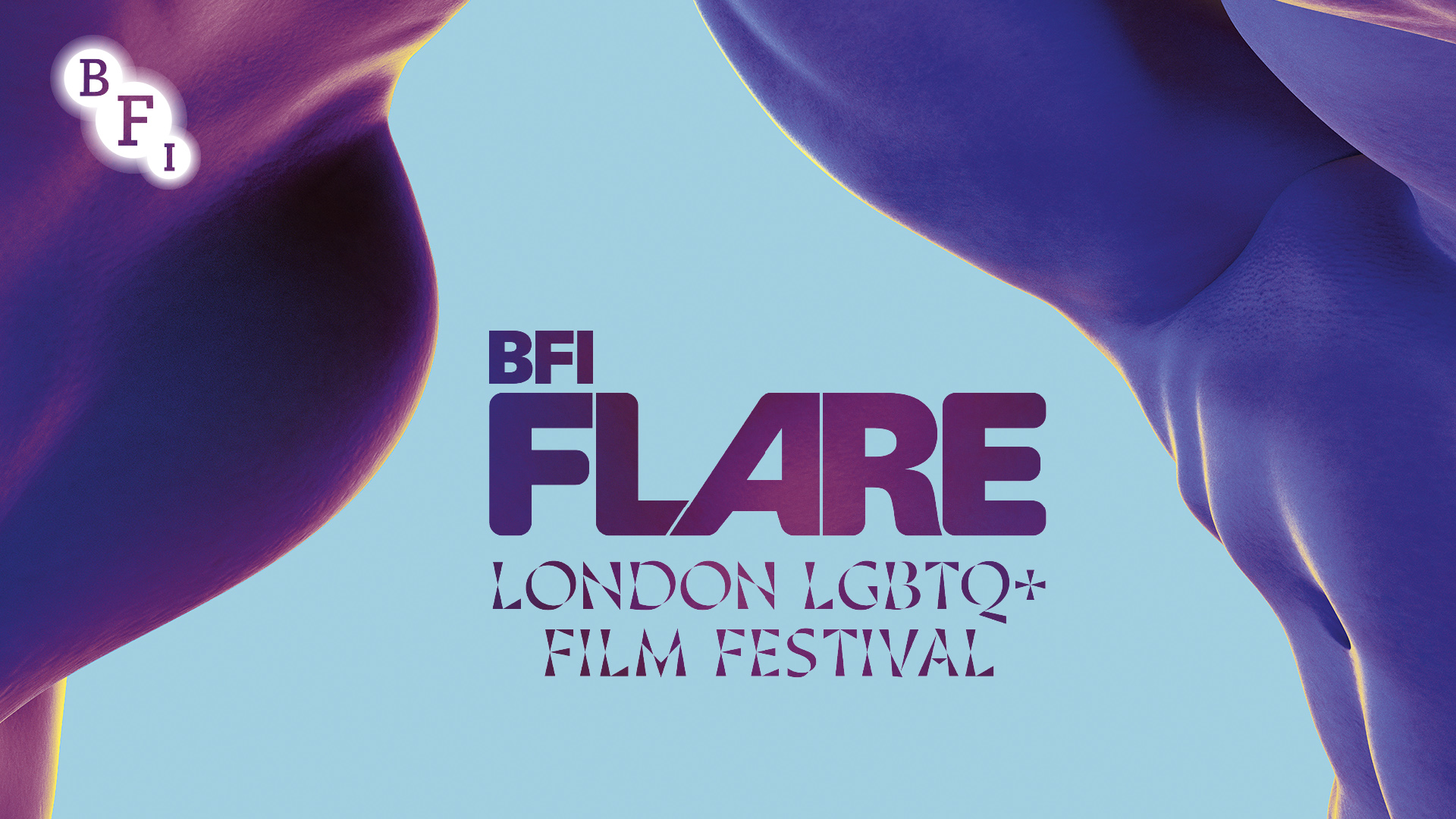
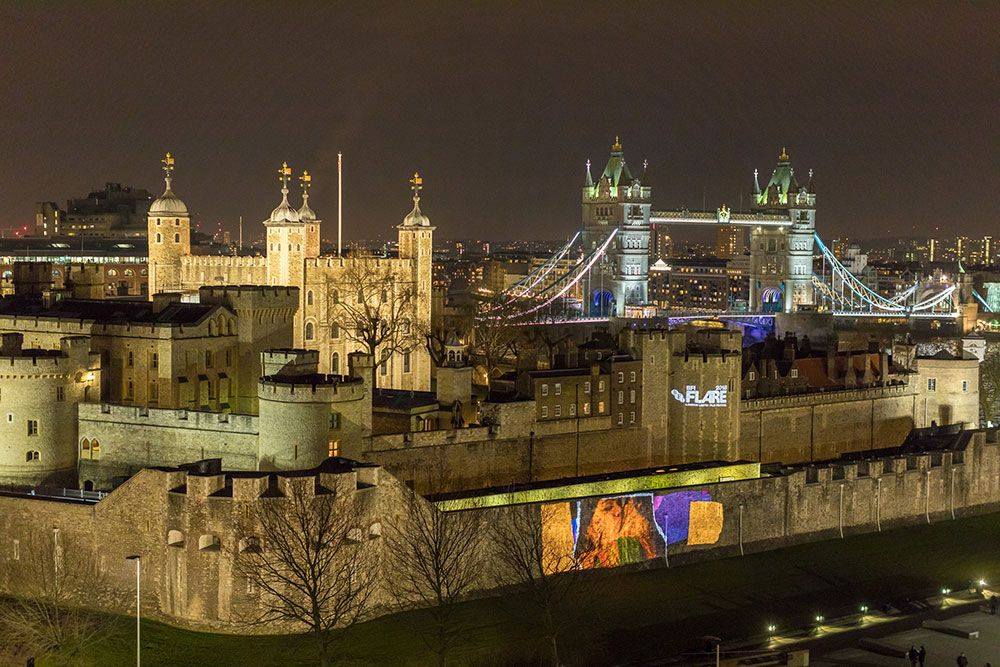
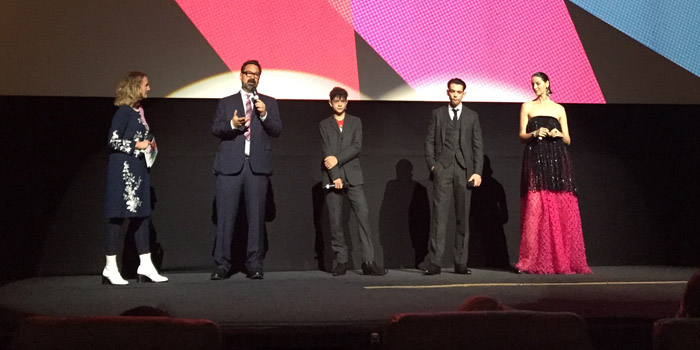
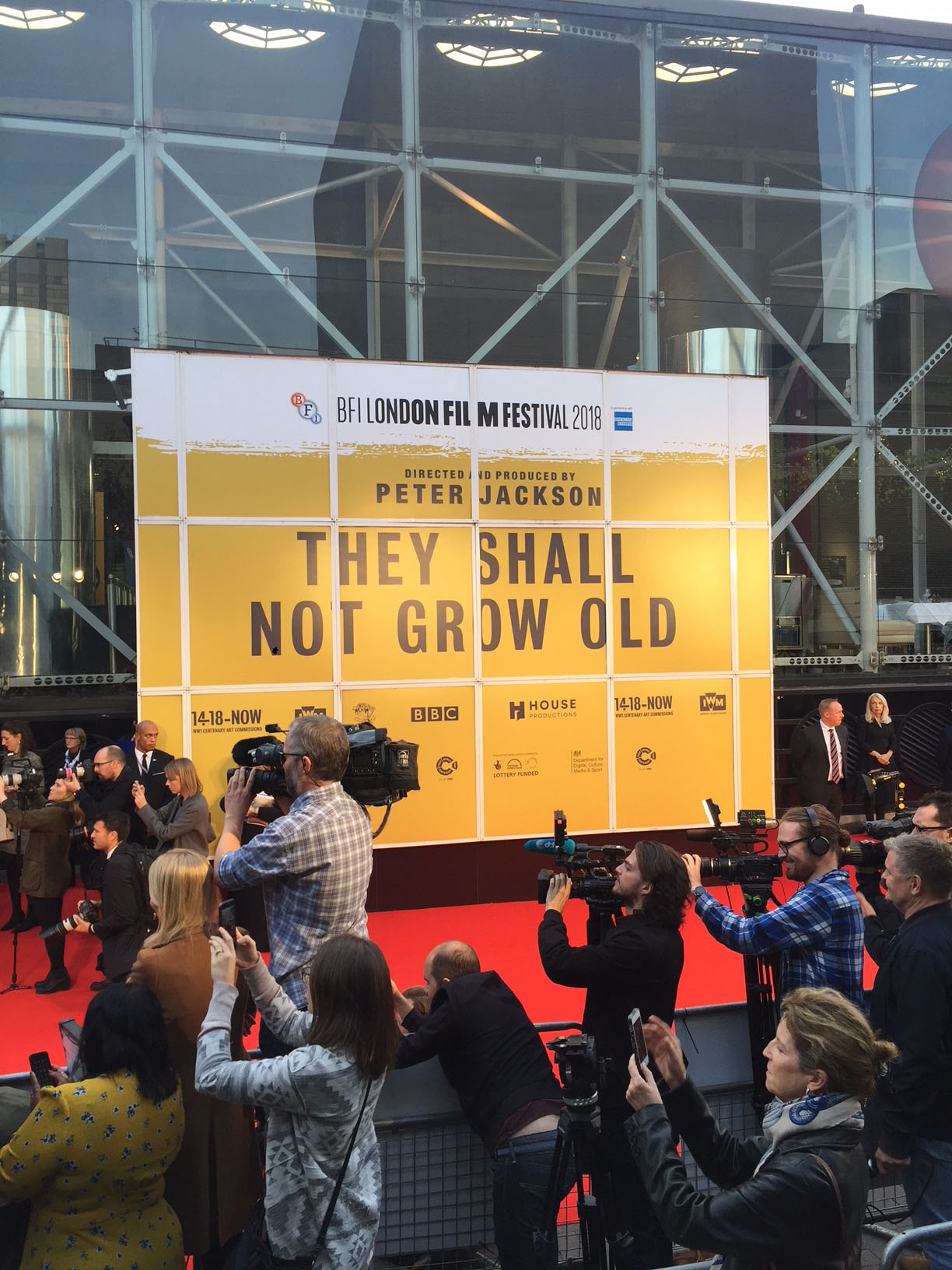
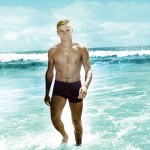
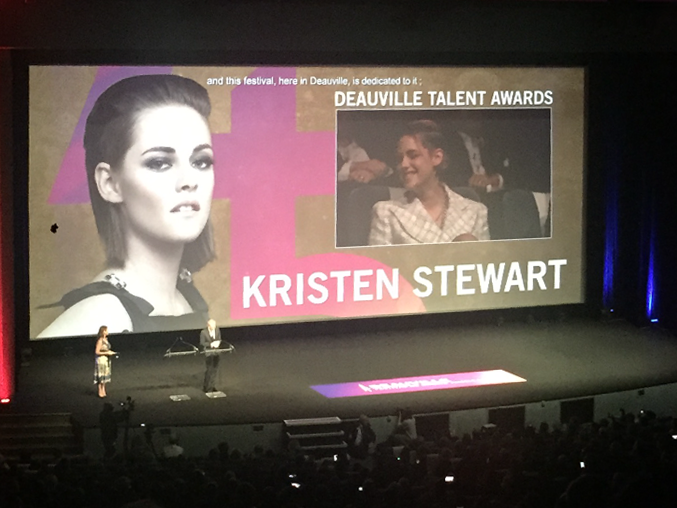
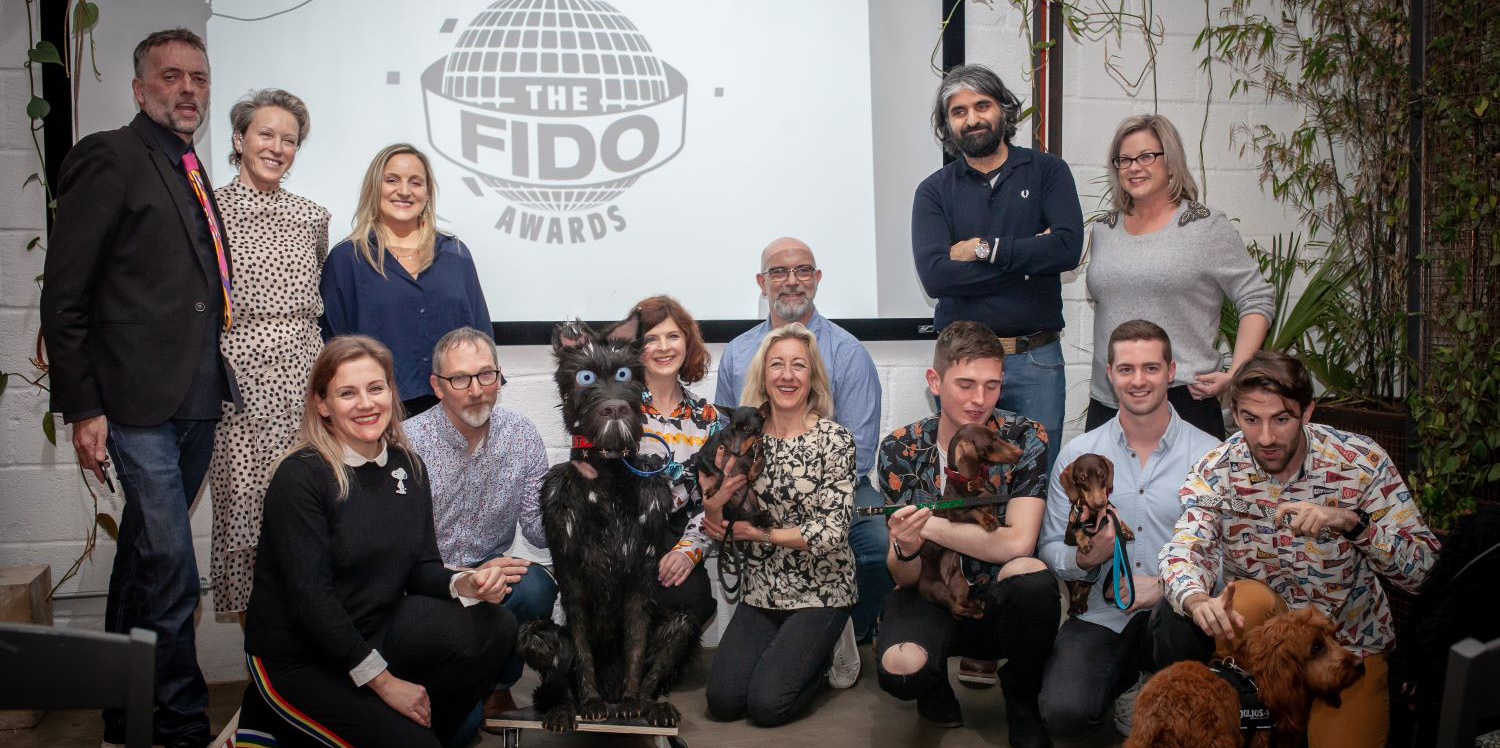

Leave a Reply
You must be logged in to post a comment.